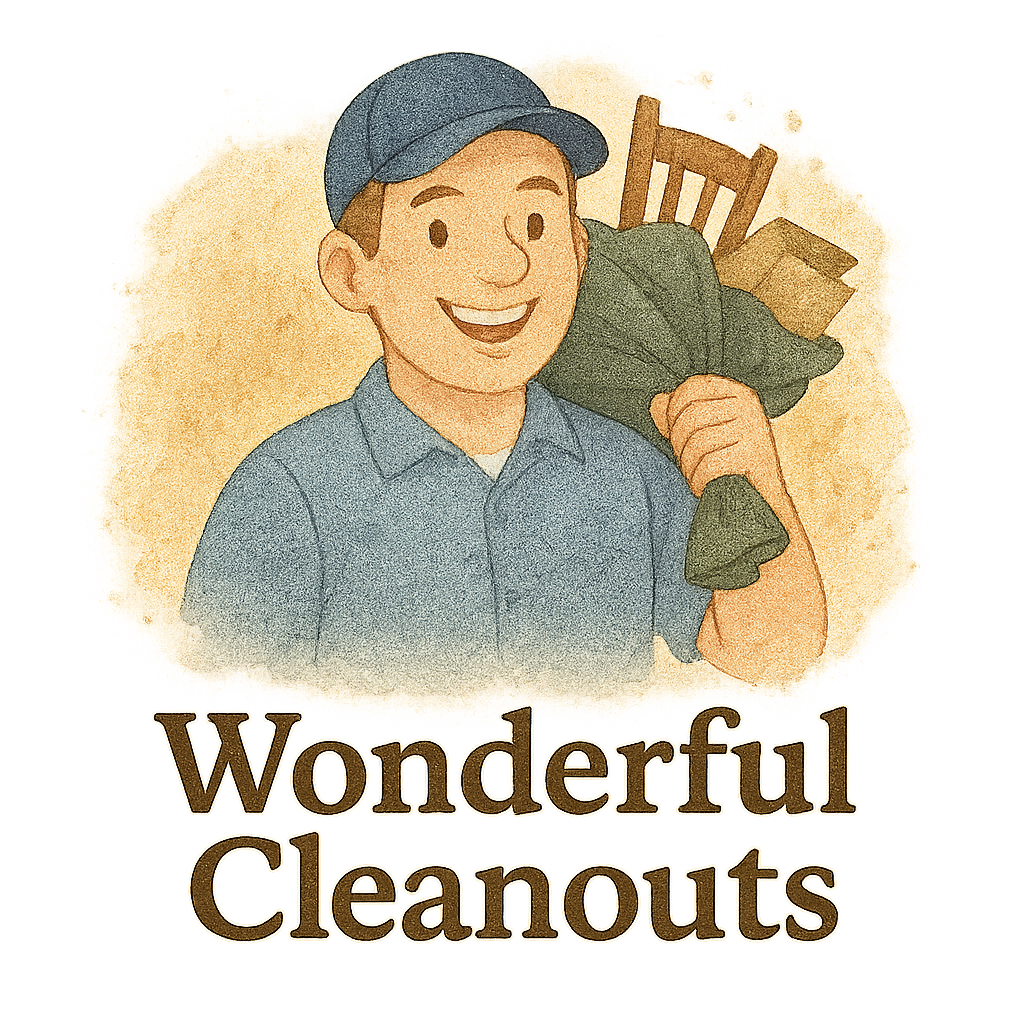Let’s be honest—tackling a hoarding cleanout isn’t just about throwing stuff away. It’s a delicate dance involving legal permissions, personal emotions, and ethical decisions that demand sensitivity. If you’ve ever faced one, you know just how overwhelming it can be. That’s why we’re diving deep into the 6 legal and ethical issues in hoarding cleanouts that can make—or break—your cleanout experience.
Understanding the Complexity of Hoarding Cleanouts
Why Hoarding Isn’t Just About Clutter
First things first—hoarding is not about laziness or being messy. It’s a mental health disorder, often rooted in trauma or anxiety, that causes people to feel an intense need to keep things—everything.
Mental Health and Hoarding Disorder
According to mental health professionals, hoarding disorder is now recognized in the DSM-5. It’s more than just collecting; it’s a compulsive behavior that often results in unsafe and unsanitary living conditions. This context is key when planning a cleanout.
Legal Challenges in Hoarding Cleanouts
Property Rights and Consent
You can’t just walk in and start tossing things into a dumpster. That’s illegal—and unethical.
Who Owns the Property?
Before any cleanout begins, it’s essential to confirm who actually owns the property. If it’s a rental, landlord-tenant laws come into play. If it’s an estate, probate laws may govern access.
Gaining Legal Access
In many hoarding situations, the person in question may be unwilling or unable to grant permission. This may require court intervention or a legal guardian to act on their behalf.
Need help navigating this legal maze? Check out Wonderful Cleanouts – Estate Cleanouts for professional guidance and services.
Health and Safety Violations
Local Ordinances and Codes
Every city or county has rules about what constitutes a safe living space. Severe hoarding can violate health codes, leading to legal actions like eviction or condemnation of property.
Environmental Hazards and Liability
Mold, pests, biohazards—oh my! These aren’t just gross; they’re legally significant. Anyone conducting a cleanout can be liable for improper disposal of hazardous materials.
Check out the garage and attic cleanouts section on Wonderful Cleanouts to ensure safe disposal methods are used.
Tenants, Landlords, and Eviction Laws
Protecting Renters’ Rights
Hoarders are still entitled to due process. You can’t evict someone without following state-mandated procedures.
Legal Recourse for Landlords
That said, landlords aren’t powerless. If hoarding poses a risk to the property or other tenants, legal action can be taken. But it must be well-documented and follow legal channels.
Explore Commercial Cleanouts for landlord-specific cleanout solutions.

Ethical Considerations in Hoarding Situations
Respecting Personal Belongings
This is huge. What looks like junk to you could be priceless to someone else.
Sentimental Value vs. Cleanout Goals
Approach each item with care. Whenever possible, involve the hoarder in decision-making. Items with emotional value should be set aside and discussed before disposal.
Avoiding Exploitation
Transparency and Fair Pricing
Too many cleanout services prey on vulnerable individuals. Make sure you’re working with ethical professionals who are upfront about pricing and services.
Find trusted professionals with a reputation for integrity.
Emotional Impact on the Hoarder
Compassionate Communication Strategies
Don’t bulldoze your way in. Use soft language, offer support, and emphasize benefits rather than loss. A little empathy goes a long way.
Working with Professionals: Do It Right
Legal Advisors and Social Workers
A well-rounded team should include legal professionals and mental health experts. They can help navigate consent, secure court orders if needed, and provide emotional support.
Partnering with Ethical Cleanout Services
You want a crew that not only hauls stuff away but understands the legal and emotional landscape. That’s where Wonderful Cleanouts comes in. With experience in everything from residential cleanouts to hoarding situations, they’ve got you covered.
Avoiding Common Pitfalls
Rushing the Process
Hoarding cleanouts take time. Trying to do it all in one weekend can lead to legal trouble and emotional distress.
Ignoring the Law
If you skip legal steps—like obtaining court orders—you’re asking for lawsuits. Follow local and state guidelines at every step.
Need tips? The Wonderful Cleanouts Blog is packed with them.
Final Thoughts: Cleanouts That Honor the Individual
Hoarding cleanouts are some of the most emotionally and legally challenging jobs out there. But when handled with care, compassion, and compliance, they can transform lives. It’s not about the trash—it’s about helping someone reclaim their space and dignity.
FAQs
1. What legal documents are needed for a hoarding cleanout?
You may need property deeds, court orders, or consent forms, depending on the situation.
2. Can I clean out a hoarder’s home without their permission?
Only with legal authorization. Otherwise, it’s a violation of privacy and property rights.
3. Are there professional services that handle both legal and ethical aspects?
Yes! Wonderful Cleanouts specializes in ethical and legally compliant cleanouts.
4. What if the hoarder refuses to cooperate?
Work with a social worker or seek a court-appointed guardian to help move the process along.
5. How do I know if a cleanout company is ethical?
Check reviews, ask for references, and look for affiliations with organizations that promote fair and transparent practices.
6. What safety issues should I be aware of?
Biohazards, fire risks, and structural dangers are all common. Use proper protective gear and follow disposal laws. Learn more in the tools and gear section.
7. Is there a checklist for planning a hoarding cleanout?
Yes, start with a legal review, then consult with mental health professionals, and use planning tips to outline every step.

